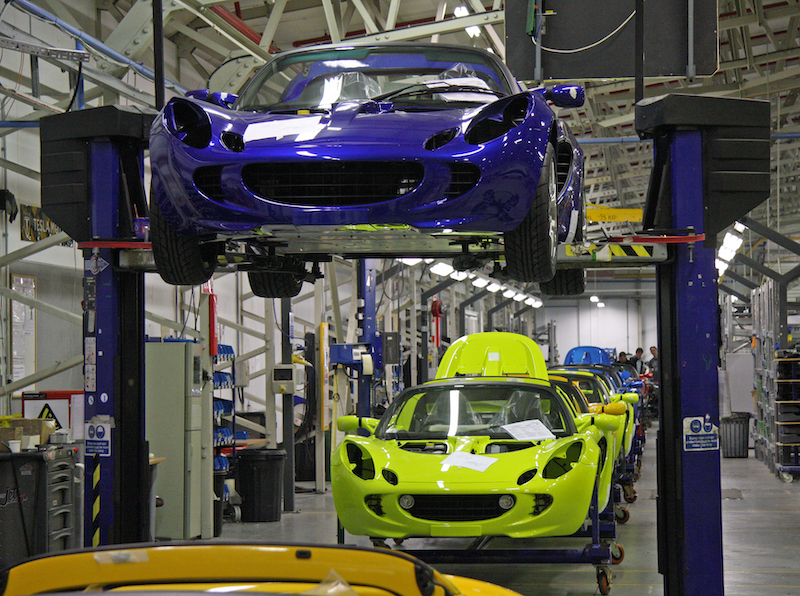The other day, I got an email asking me to participate in a survey regarding robots in hotels. Basically, the people behind the study wanted to gauge how comfortable respondents were about letting robots and AI systems take care of different aspects of their stay.
Would they be happy to check in without ever speaking to a human? What about having a robot clean their rooms?
The reason this survey stuck with me is that it posited the possibility that hotels would be staffed by robots in the near future. I wondered if it would be people coming to stay in hotels who would delay this from happening due to technophobia. This is in spite of the fact that mechanisation itself is not fully automated in many industries.
In particular, the car manufacturing industry is still not fully automated. This has nothing to do with the comfort levels of technophobic customers, but because automating certain aspects of the process is still impossible for most manufacturers.
Is this something that will ever happen? If so, how far away are we from that date?
The Assembly Line
Today, the automotive industry relies heavily on the traditional assembly line. While the manufacturing of the parts as well as much of the construction of the bodywork is automated, there still needs to be a significant human presence to complete the job, especially when it comes to the trimmings.
This is surprising to most people in 2022, but perhaps it shouldn’t be. The automotive industry is currently in a state of flux. Vehicles run on fossil fuels still dominate the world, but manufacturers are looking to electrical cars as the vehicles of the future. Hybrid cars are also a possible candidate. In the coming years, we will learn a lot about how our roads will soon look.
In this context, why should manufacturers build expensive robots that can automate the construction of traditional or hybrid cars? At the same time, pivoting to electrical vehicles is not yet possible for most companies. Those that have already done so understand that the vehicles they are making now may look very different to those they are making five years from now.
There are certainly companies coming close to full automation, but they are the exception and it may not even be to their benefit.
All of this begs a question that is ever present when discussing robotics: would full automation benefit the industry?
Automation: The Pros and Cons
The first matter to get out of the way is the question of jobs. Yes, it is a factor in this conversation, but it is present in every conversation about robotics and has been for hundreds of years. It is a fundamental question, but cannot be brought up every single time.
The more pertinent question is where money is better spent. Human capital is expensive, but so are robotics, especially those designed for one purpose. If a car company has a strong understanding of the future of their business for the next ten years, it may be worthwhile to spend that money.
But it can be argued that the manufacturers set to bring the industry forward are those that are letting the technology and its potential lead them. Those companies may surpass their own expectations over and over again, and investing in the robotics for each iteration of their product may feel like something that would hold them back.
Then there is the matter of the customers. A lack of automation does impact customers negatively. Just look at how much more expensive it is to insure electric cars. This is because repairs require specialized work, with parts that will remain expensive if automation is not advanced.
In other words, while car manufacturers can be in a state of perpetual flux for the sake of their products, their customers need stability. Most individuals who are not involved in the automotive industry (and are not interested in robotics) would gladly choose whichever option provided cheaper vehicles that do not cost an arm and a leg to repair.
Ultimately, the question of whether car manufacturing will ever be fully automated is difficult to answer on a number of levels. It seems like complete automation is a possibility, but whether companies will take that route is yet to be seen.

